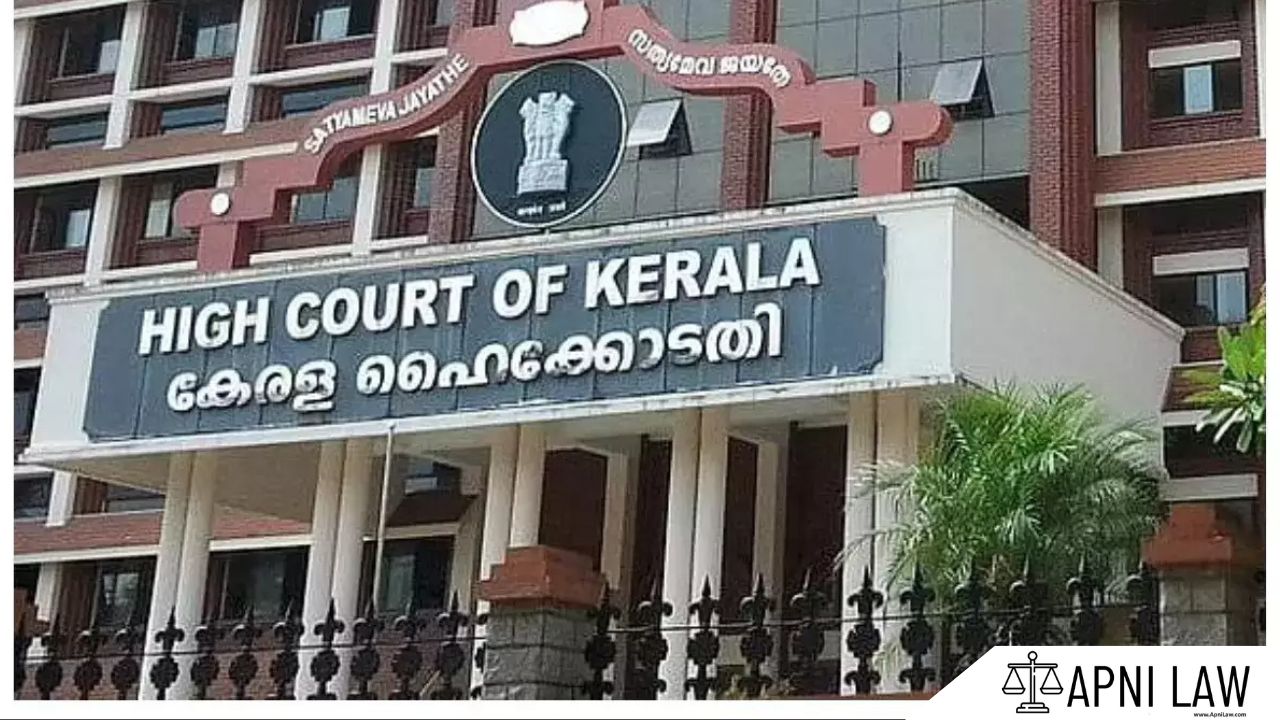The Kerala High Court has reaffirmed that informing an arrested person of the grounds for arrest is a mandatory constitutional right under Article 22(1) of the Indian Constitution.
Arrest Without Grounds Violates Constitution
Justice Kauser Edappagath emphasized that both Article 22(1) and Section 47 of the Bharatiya Nagarik Suraksha Sanhita (BNSS) mandate the police to promptly inform the arrested person of the reasons for arrest. This is not a formality but a legal and constitutional obligation.
Article 22(1) clearly states that no one can be detained without being told the grounds of arrest. Section 47 of the BNSS echoes this, requiring officers to communicate the full particulars immediately after the arrest.
Court Cites Key Judgments
The court relied on several judgments, including:
- Vihaan Kumar v State of Haryana (2025)
- Pankaj Bansal v Union of India (2023)
- Prabir Purkayastha v State (2024)
These rulings confirm that failure to inform the grounds of arrest violates fundamental rights under Articles 21 and 22.
Arrests in Question Found Unlawful
The court was hearing two cases where the arrested individuals were not informed of the reasons for their arrest. Both were in judicial custody at the time.
The prosecution claimed they followed the procedure and informed the grounds orally. However, the court noted that no written communication was provided. It ruled that when no written record exists, the burden lies on the investigating officer to prove compliance.
The court found no material evidence to show that the grounds were conveyed, even verbally.
Final Verdict: Immediate Release Ordered
Citing violation of Articles 21 and 22, the Kerala High Court allowed the petitions. It ordered the immediate release of the arrested persons, stating they “cannot remain in custody even for a second.”








